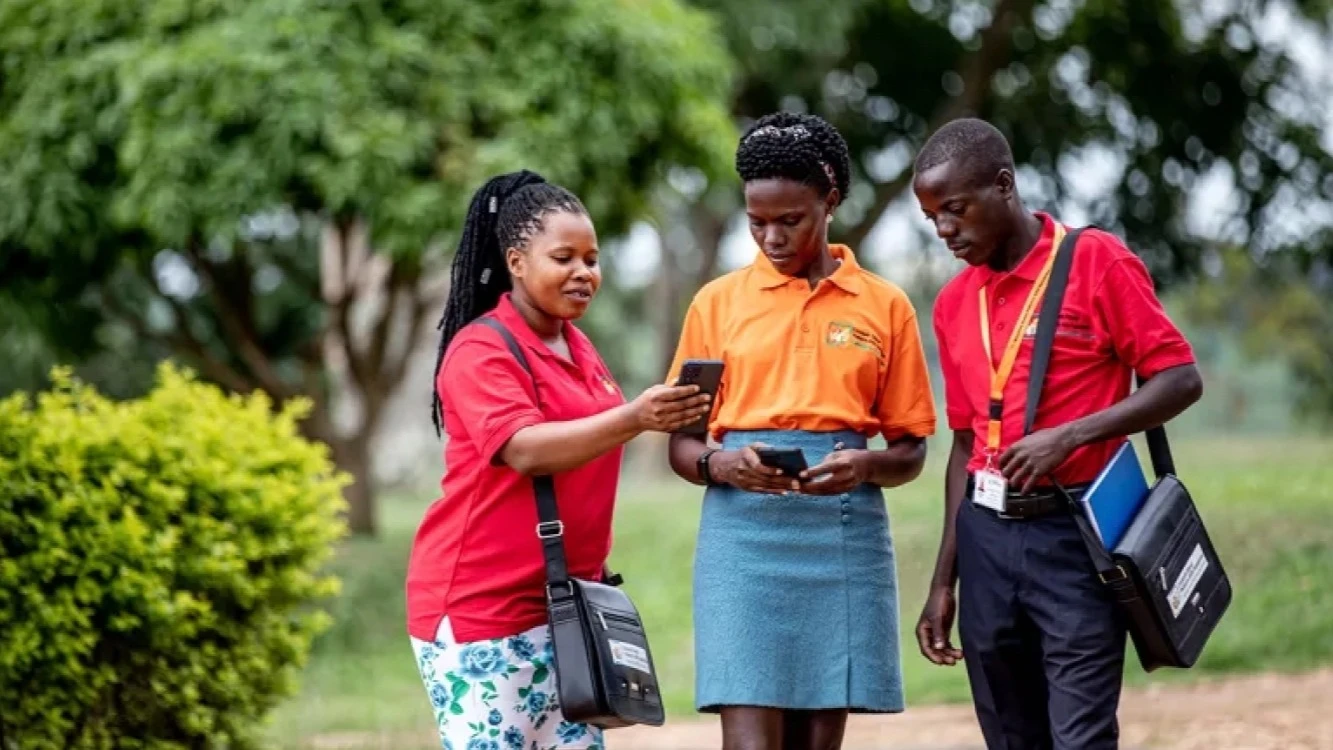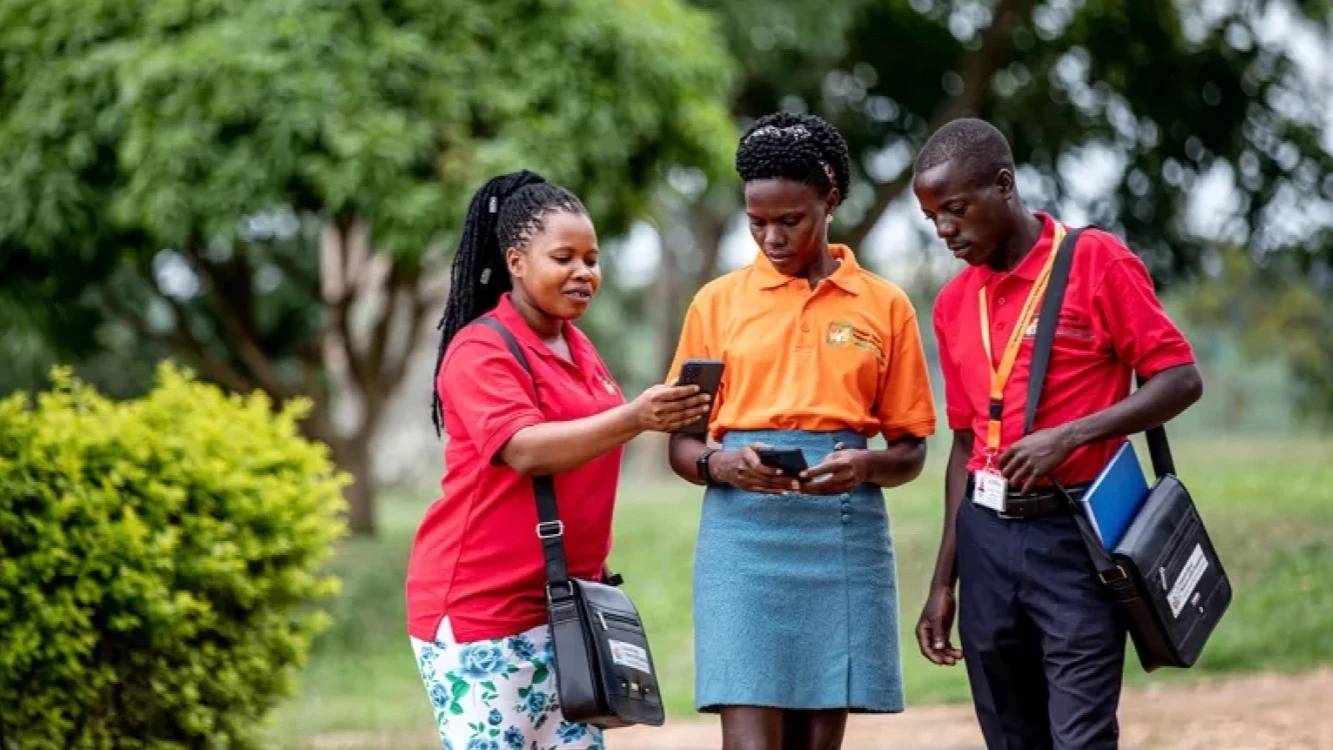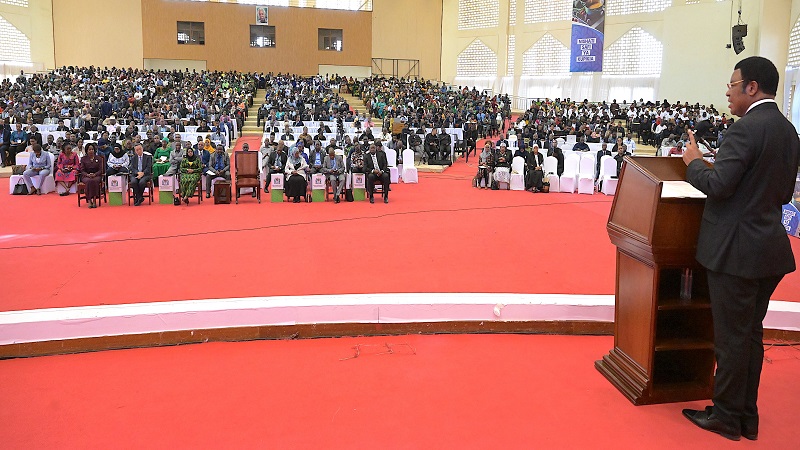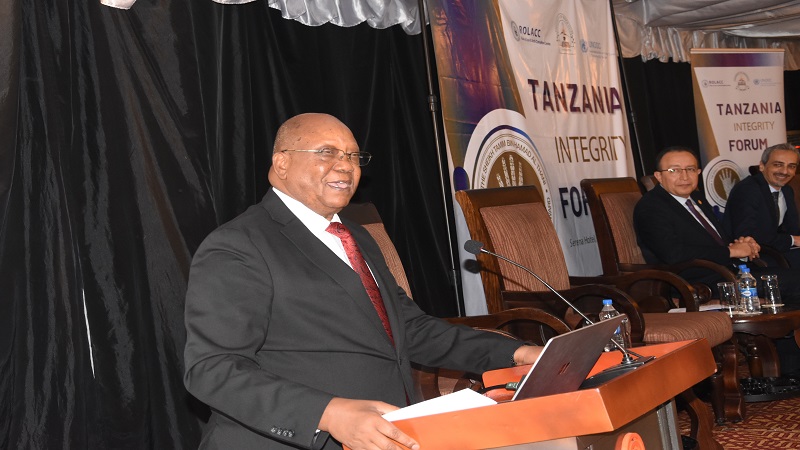Marking International Youth Day amidst growing job uncertainties

ON August 12 each year the world marks International Youth Day. This is a platform through which the youth in various parts of the world can share their aspirations, innovations and collaboration towards achieving sustainable development and also the challenges facing them and how to address them.
This year’s theme was “From Clicks to Progress: Youth Digital Pathways for Sustainable Development”. The 21st century is referred to as the digital era, which is characterised by a fusion of technologies. These technologies have changed the way people think, behave, work and interact.
It is the era of a rapidly evolving world which needs new coping skills and competencies that are not taught at school, but are acquired through experience, training and practice. ILO in its World Employment and Social Outlook Trends 2024 report suggests that with emerging technologies like artificial intelligence (AI) labour market entry barriers for newcomers created by large digital monopolies have been significant obstacles to faster technological adoption, in particular in low-productive sectors and developing countries. This situation aggravates the incidence of unemployment and poverty.
The youth need to develop new coping skills and competencies such as critical and innovative thinking, complex problem-solving, the ability to collaborate, and socio-emotional skills (knowledge society skills) because they are crucial to the future labour market. These skills and others make a person not only employable, but also even if is not employed, he or she can create jobs and employ himself or herself.
Mahmud and Wong (2022) in their article titled “Stakeholder’s Perspectives of the Twenty-First Century Skills” refer to knowledge society skills as 21st century skills, which they say include, but are not limited to, working independently, problem-solving, verbal communication, allocating time efficiently, and ability to function well in stressful situations. These skills and competencies are needed for the youth of the 21st century or of the digital era.
The authors say in the workplace, employees with these skills can collect, organise, and understand data as well as predict outcomes, experiment, summarise, and communicate the results. Nevertheless, they suggest, lack of these skills in a significant number of employees hinders economic development.
One of the areas complained about is how pupils and students are groomed for the future, that when they graduate find themselves unemployed because they lack employability (soft) skills as mentioned above or there is no room to employ them because due to operational reasons an organisation or company has only a lean team it can afford to employ and retain.
Suarta et al. (2017) in their article titled “Employability skills required by the 21st century workplace: a literature review of labour market demand” suggest that: “The workforce in the 21st century not only requires graduates with high academic qualifications as represented by the subject and degree class, but also equipped with a number of skills and attributes. Employer surveys indicate that occupation-specific skills are no longer sufficient for graduates to meet the needs of national labour markets.” Soft or employability skills are considered a missing link between education and training and the workplace and there is a need to maintain them through up skilling and reskilling to improve proficiency.
The SDG Digital Acceleration Agenda launched by International Telecommunication Union (ITU) and United Nations Development Programme (UNDP) in 2023 looks at digital technologies as “improving financial inclusion, increasing the effectiveness of government and public service delivery, and providing people with platforms and channels to ensure their voices are heard.” Thus, digitalisation is seen as transforming countries, communities, economies, and societies, and facilitating the attainment of Sustainable Development Goals (SDGs).
The youth in different parts of the world marked International Youth Day with hope and uncertainty. The hope the youth have is that it is them taking charge of things after seeing for many years that they haven’t been moving in the right direction and they want to ensure that what they do makes a difference in their communities, countries and in their own lives. The uncertainty they have is how they are going to be absorbed into the labour market.
Emerging technologies create new opportunities and challenges. In this digital era, there are jobs which will be replaced with automation and others will be created and these will need new skills to do them. As some studies suggest, the problem with the future labour market is that, it is not that people will not have jobs, but that they will lack skills needed to do the jobs created by emerging technologies.
In light of this, the youth will be better placed if they develop skills and competencies that will make them absorbed into the future labour market (also called the global digital economy). UNCTAD in a report entitled “2024 Digital Economy: Shaping an environmentally sustainable and inclusive digital future” says: “It is important to ensure that the human rights impacts and the unique challenges confronting women and girls, youth, indigenous peoples and other groups at risk of being left behind, are not overlooked. For instance, nearly 12.9 million women and many children work in the informal sector managing waste from digitalisation, which makes them significantly more likely to be exposed to potential negative consequences for their health.”
Thus, International Youth Day gives the youth food for thought on how they are going to cope with this rapidly changing world and remain relevant, while at the same time they are threatened by the unemployment challenge.
According to the ILO report, unemployment is expected to rise modestly in 2024 as labour force participation rates decline and employment growth slows, while global unemployment will rise by 2 million, pushing the global unemployment rate from 5.1 per cent in 2023 to 5.2 per cent in 2024.
The global jobs gap, though improving, remained elevated in 2023, at about 435 million. In the circumstances, the youth’s mind remains unsettled given future job uncertainties. Thus, this year's International Youth Day challenges youth to be more innovative to cope with the rapidly changing world and remain relevant to this digital era.
Top Headlines
© 2024 IPPMEDIA.COM. ALL RIGHTS RESERVED

























